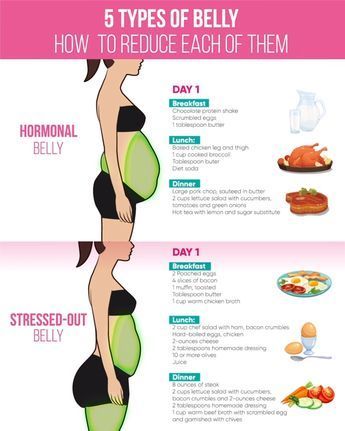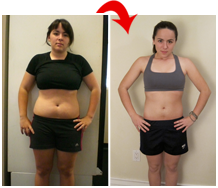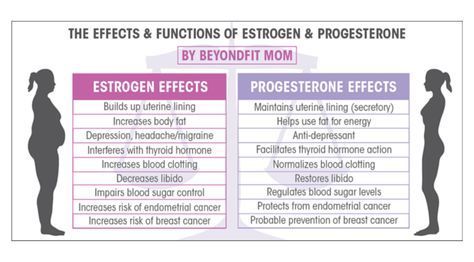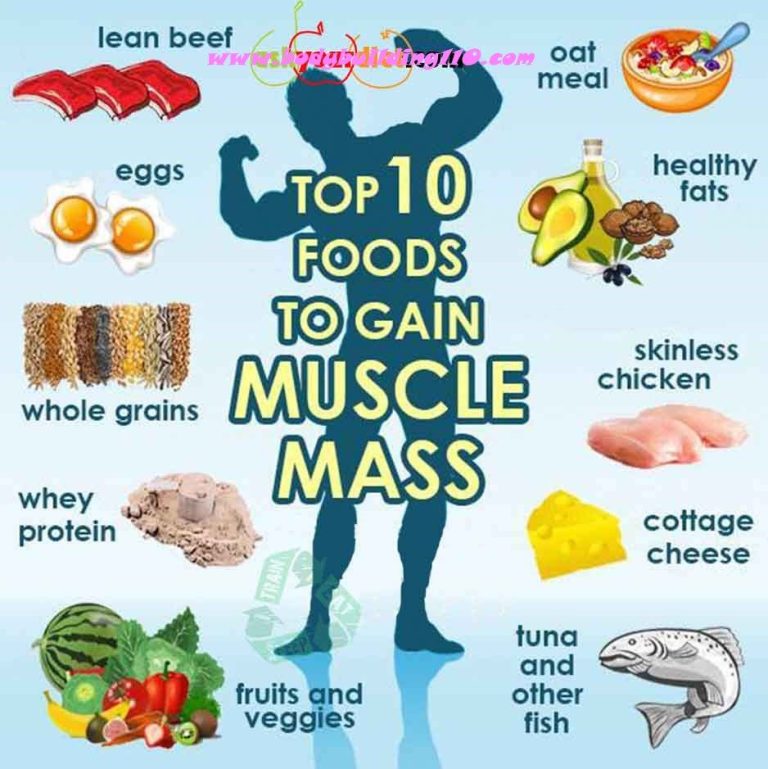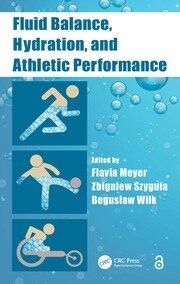In our modern society, where sedentary jobs and unhealthy eating habits prevail, the struggle to maintain a healthy weight is a common challenge for many individuals. While there is no one-size-fits-all solution to shedding unwanted pounds, combining a nutritious diet with regular exercise has proven to be an effective approach for achieving and maintaining weight loss.
Understanding the Role of Diet in Weight Loss
Diet plays a crucial role in weight loss as it directly affects the number of calories consumed. To effectively lose weight, individuals should aim to consume fewer calories than they burn. This caloric deficit can be achieved by making smart food choices, incorporating nutrient-dense foods, and cutting back on sugary, processed, and high-fat options.
1. Emphasize Fruits and Vegetables
Fruits and vegetables are low in calories and high in essential vitamins, minerals, and fiber. By incorporating a variety of colorful fruits and vegetables into your diet, you can feel satisfied while consuming fewer calories overall.
2. Prioritize Lean Proteins
Lean proteins such as chicken, fish, tofu, and legumes not only provide essential nutrients but also contribute to satiety. Including adequate amounts of lean proteins in your meals can help prevent overeating and promote muscle growth.
3. Choose Whole Grains
Whole grains like brown rice, quinoa, and whole wheat bread offer a higher fiber content compared to their refined counterparts. These grains provide sustained energy, promote healthy digestion, and help control hunger cravings.
4. Limit Processed Foods and Added Sugars
Processed foods and added sugars are often devoid of essential nutrients, yet high in calories. Minimizing their consumption can significantly reduce caloric intake, making weight loss more attainable. Opting for whole, fresh foods instead will provide your body with the necessary nourishment it needs.
The Impact of Exercise on Weight Loss
An effective weight loss plan is not complete without regular physical activity. Exercise helps individuals achieve a calorie deficit by burning calories and increasing metabolism. Additionally, exercise contributes to improved cardiovascular health, increased muscle mass, and a boosted mood.
1. Cardiovascular Exercises
Cardiovascular exercises, such as running, swimming, cycling, or brisk walking, are excellent for burning calories and increasing heart rate. Engaging in at least 150 minutes of moderate-intensity aerobic activity per week can lead to significant weight loss over time.
2. Strength Training
Strength training exercises, including weightlifting or bodyweight exercises, help build lean muscle mass. By increasing muscle mass, the body’s metabolism is enhanced even at rest, leading to more efficient fat burning.
3. Incorporating Physical Activity into Daily Routine
In addition to dedicated workout sessions, incorporating physical activity into your daily routine can make a substantial difference in weight loss. Taking the stairs instead of the elevator, walking or biking instead of driving for short distances, and doing household chores actively can all contribute to increasing daily calorie expenditure.
The Power of Combining Diet and Exercise
While diet and exercise can work independently to promote weight loss, their combined effects are even more powerful. When a nutritious diet is paired with regular physical activity, the body becomes a highly efficient calorie-burning machine.
By consuming a healthy diet, individuals provide their bodies with the necessary nutrients for optimal functioning. When exercise is introduced, these nutrients are utilized more effectively to support muscle growth and repair.
Furthermore, exercise helps prevent muscle loss during weight loss. When the body is in a caloric deficit, the risk of losing muscle mass increases. However, regular physical activity, especially strength training, helps maintain and build muscle, ensuring that most weight loss is from fat rather than muscle.
Seeking Professional Guidance
Prior to embarking on any weight loss journey, it is advisable to consult with a healthcare professional or a registered dietitian. They can provide personalized advice, create an individualized diet and exercise plan, and monitor progress to ensure effective and safe weight loss.
In Conclusion
Combining a healthy diet with regular exercise is a smart and effective approach to achieve weight loss goals. By making conscious food choices, incorporating regular physical activity, and seeking professional guidance, individuals can harness the power of diet and exercise to achieve long-term success in weight management.
